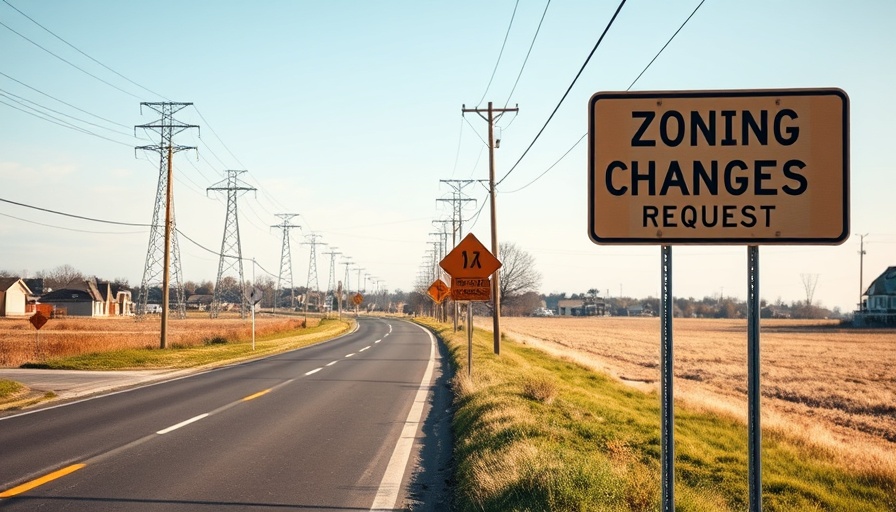
Westland’s Endearing Essence at Risk Amidst Rapid Growth
The Westland neighborhood in Fort Worth, Texas, is at a cultural crossroads as new developments loom on the horizon. A proposal to transform a cherished grassy area into an industrial warehouse complex has sparked concerns among residents and local businesses who cherish the area’s quaint charm. This neighborhood, steeped in decades of history, is home to nostalgic 1950s roadside motels, beloved restaurants like Margie’s Original Italian Kitchen, and a vintage shopping center that serves as a backdrop for television productions.
Fighting to Preserve Local Identity
Cliff Kubicek, who manages the well-frequented JD’s Hamburgers, reflects the sentiments of many locals who wish to retain the neighborhood’s rural feel. “It’s a quaint neighborhood,” he emphasizes. “A lot of people want it to maintain its somewhat rural charm.” The juxtaposition of modern developments, such as new homes and warehouses, periodizes the struggle between progress and preservation. Residents are concerned that their community could lose its unique identity if industrial spaces continue to proliferate.
The Proposal: A Change in Landscape
The zoning application, submitted by Havener Rupert Limited Partnership, seeks to rezone roughly 2 acres out of their 19.58-acre tract—which is mostly designated for industrial use—into neighborhood commercial use. While the company argues that this move reflects progress and economic opportunity, many residents disagree. They fear it could signify a shift toward increased industrialization of their cherished area, altering its character forever. Havener argues that the development is in line with Fort Worth’s future land-use plan, aiming to blend with existing light industrial facilities nearby.
Nearby Growth Amid Local Sentiments
With nearby developments, such as a newly opened Amazon warehouse and plans for a UTA West campus, Westland finds itself at a pivotal moment. This prolonged growth highlights the delicate balance councils must strike between accommodating economic necessities and preserving community identity. It’s a discussion of how much change locals will accept before their neighborhoods feel unrecognizable.
Understanding the Heart of Community Concerns
The rising tensions in Westland reflect broader themes seen across developing cities. As growth reshapes locales throughout Fort Worth, residents are faced with the reality that development doesn’t only bring opportunity; it also poses a risk to the characteristics that define their neighborhoods. This leads us to ask how much community history we’re willing to sacrifice for progress.
Turning the Tide: Community Actions to Preserve Charm
Active participation from the Westland residents is crucial as they advocate for more community-oriented development rather than industrial expansions. The voices of concerned locals serve an essential purpose, reminding city planners and developers of the stories, memories, and relationships that shape the fabric of their neighborhoods. Community meetings, petitions, and outreach efforts are vital for enabling residents to stand against proposed changes that threaten their sense of belonging.
What Does the Future Hold?
As the battle over the rezoning application unfolds, the resilience and passion of the Westland community will play a pivotal role in shaping the neighborhood’s future. Will they successfully defend their corner of Fort Worth against encroaching industrialization, preserving their architectural heritage and local character? Only time will tell, but one thing is clear: the voice of the community must remain loud and united in this pivotal moment.
Now is the time to stay informed and engaged in decisions that affect your community. Westland’s story serves as a reminder of the importance of local identity. Join the conversation, be part of the future, and advocate for preserving what makes Fort Worth truly special.
 Add Row
Add Row  Add
Add 




Write A Comment